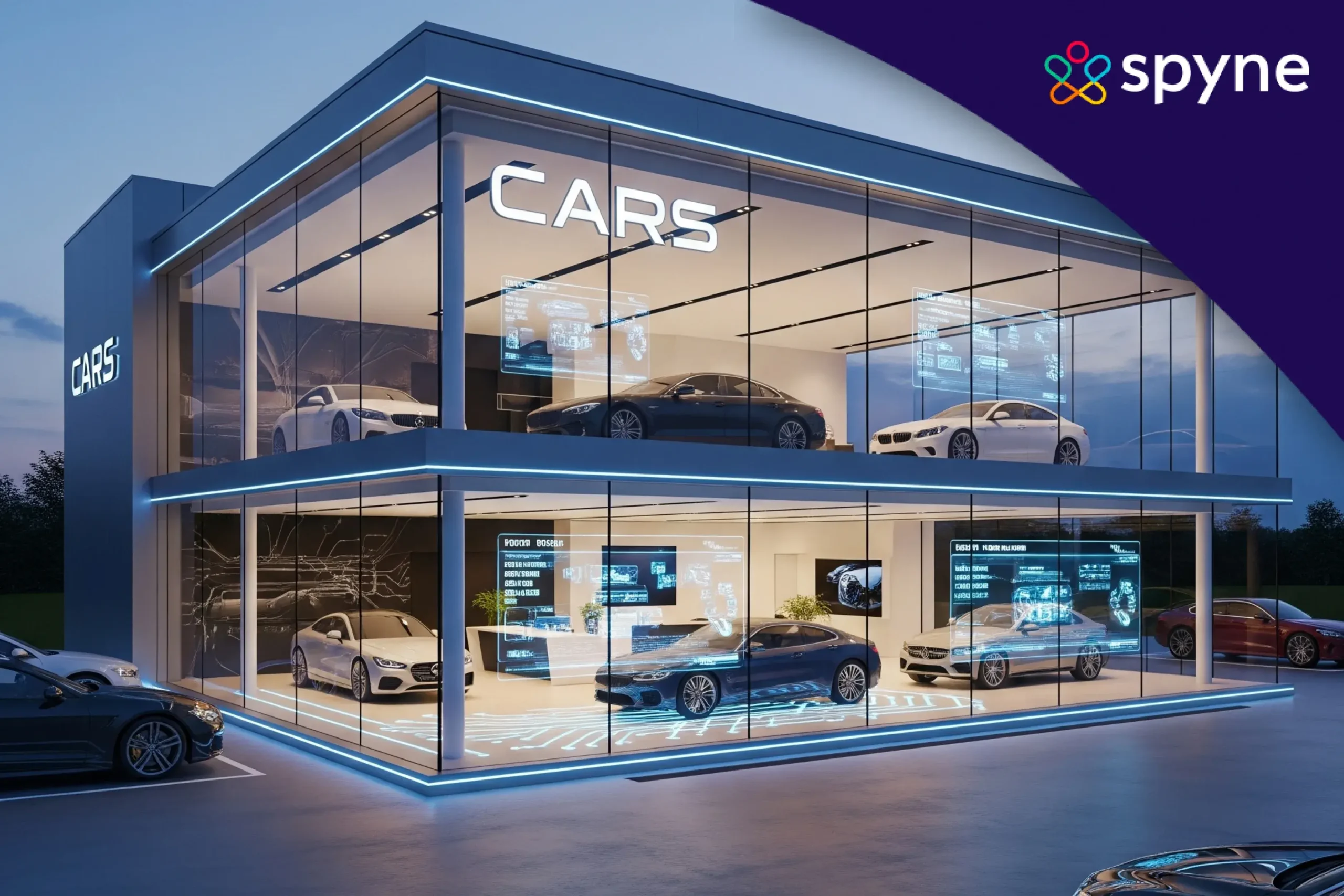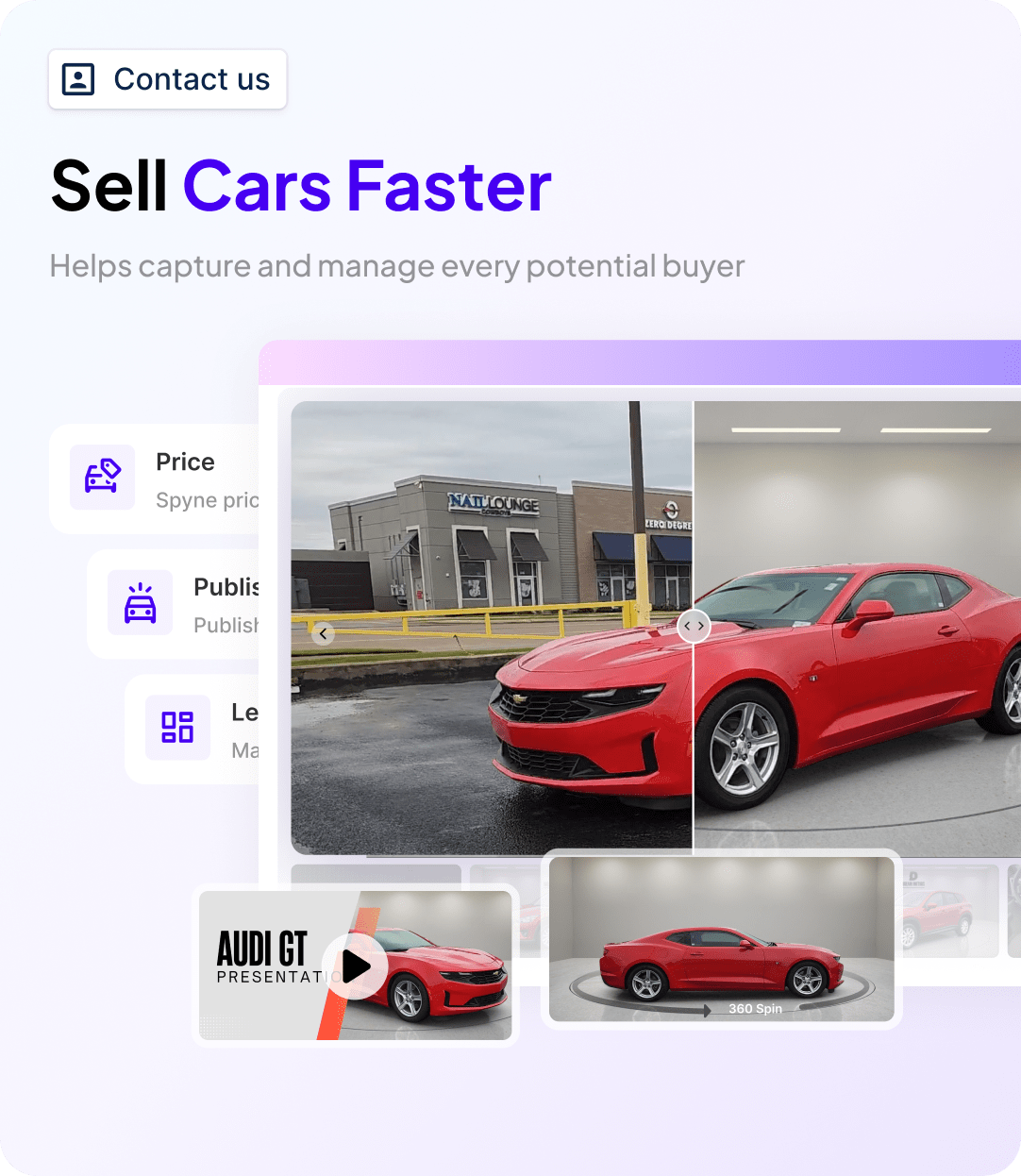Some dealerships are still chasing leads by phone and updating listings by hand. Others are closing more deals without adding people or spending more. What changed isn’t the inventory or the showroom. It’s how they’re using the data they already have.
In a 2024 study, four out of five U.S. dealerships said they’ve started using AI or plan to within the year. Dealers who’ve already adopted it saw sales grow. Every one of them. Not some – all. Many reported double-digit increases. What they learned is simple. The systems they’ve been using for years were full of answers. They just weren’t looking in the right way.
You’re Already Collecting the Right Signals
Every test drive, service visit, and website click leaves a trail. It ends up in the CRM, the DMS, a call log, or an analytics dashboard. Most of it is never touched again.
That’s where AI has started to help. Dealers are feeding this data back into tools that spot what’s about to happen, not just what already did.
A dealership in a midsize market saw that customers with over 48,000 miles were booking service appointments more than any other segment. The system picked it up from their own DMS history. So instead of running a generic coupon campaign, they started sending service reminders and oil change offers just before the 50,000-mile mark. Bookings went up. No new campaigns. Just better timing.
On the sales side, another dealer noticed that buyers browsing red AWD SUVs were spending nearly twice as long on VDPs compared to other listings. The system tied this behavior to CRM history and flagged three matching vehicles in stock. A personalized offer was triggered — before the lead ever picked up the phone.
Even ad spend is starting to shift. AI tools now track where high-closing leads come from, not just where the clicks happen. One dealer realized their Facebook leads took longer to close, but converted better when handled by senior reps. The platform adjusted routing, rebalanced the team, and improved closing rates – all without a formal process change.
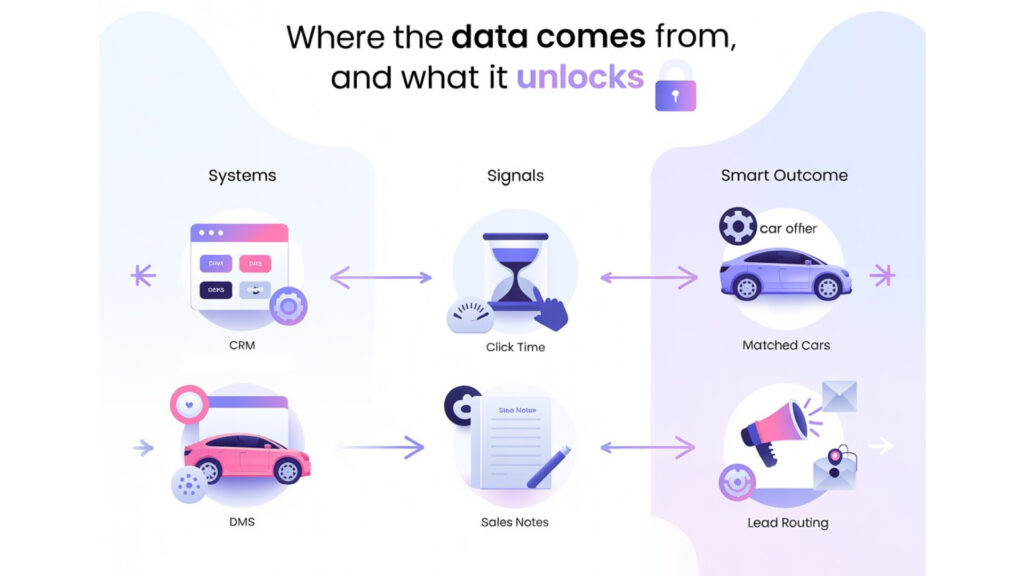
Leads Don’t Wait, and AI Doesn’t Sleep
Buyers today don’t wait around. 82 percent expect a reply in under 10 minutes. Most stores still take hours. That delay is hard to recover from.
AI tools now respond within minutes. Some dealerships use AI voice agents that call the lead while they’re still looking at the VDP. Others rely on website widgets that respond instantly to chats, answer questions, and book appointments overnight.
In stores using AI for lead follow-up, conversion rates have jumped by 20 to 25 percent. It’s not the technology that makes the difference. It’s the speed and consistency.
One dealership saw this happen when a buyer submitted a lead on a Thursday night. By Friday morning, the conversation had already started, the test drive was booked, and the CRM was updated – without a salesperson touching it.
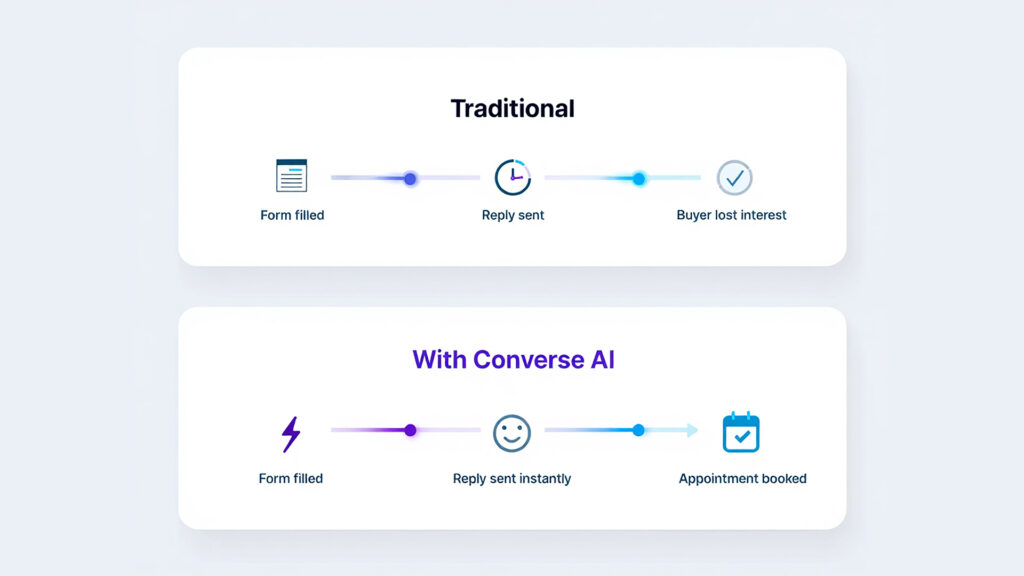
Getting Cars Online Shouldn’t Take Two Days
Dealers know photos matter. But the process still drags. Vehicles get shot late. Backgrounds need cleanup. VDPs go live with placeholders. That lag eats into time-to-market.
Some stores have replaced that pipeline with AI tools that generate studio-quality images, 360 spins, and branded overlays in a few minutes. All it takes is a phone shot on the lot. By the time the car is parked, it’s online.
One dealership saw their listing time drop by nearly two full days. Another cut their outsourced car photo editing budget in half. Both kept their branding consistent and their turn times lower.
These tools don’t just fix the photo problem. They help track what formats work better. When a dealer saw that image galleries with 360 spins and pricing overlays had higher click-through rates, the system began recommending the same layout for all future listings in that category.
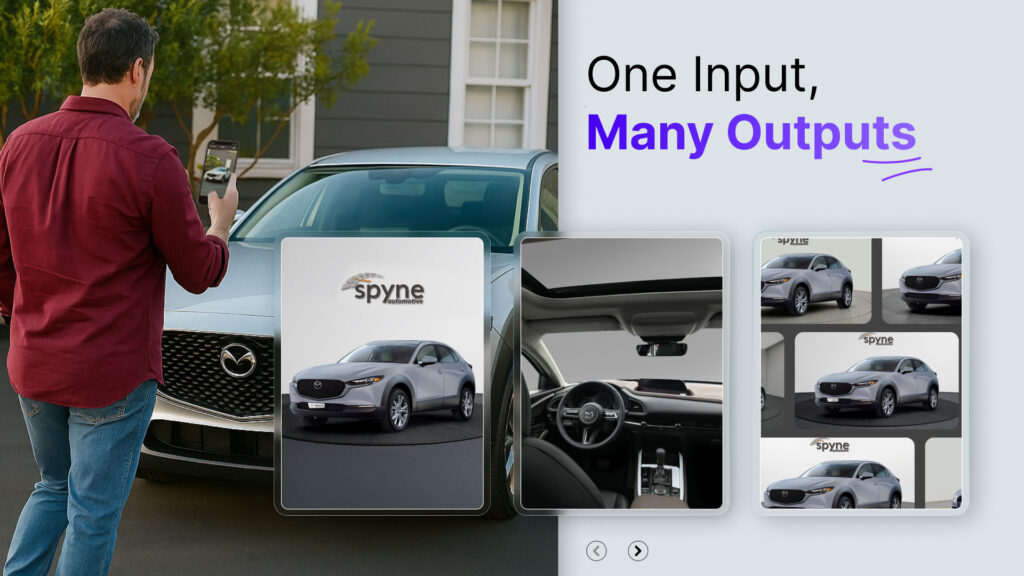
Behind the Scenes, AI Keeps Things Tighter
Not all the impact shows up on the lot. In the back office, AI has started to handle the small decisions that add up.
Managers now get alerts when inventory performance slips. A truck that’s sitting longer than average might get flagged before it becomes a pricing issue. Ad campaigns adjust on the fly based on traffic that actually converts, not just impressions. Leads are scored using past behaviors and assigned to reps with stronger close rates.
At one store, the general manager uses AI reports to predict slow weeks in advance. They shift promos, tighten expenses, and staff accordingly – without waiting for the month to close.
This isn’t about replacing anyone. It’s about helping the team make decisions faster, without guesswork.
Dealers Are Already Moving
81 percent of dealerships say they’ll increase their AI investment in 2025. It’s not just large groups. Independents are seeing the same upside.
Most start with one thing. For some, it’s faster lead follow-up. Others begin with imaging. A few use it in service reminders. The pattern is always the same: one tool proves value, then others follow.
The shift isn’t about adopting something new. It’s about making better use of what’s already there – the systems, the people, and the data.
Try It Firsthand
If you want to see how it fits into your store, you can start small.
Converse AI handles inbound calls, no matter day or night. It responds instantly, qualifies leads, and never misses a follow-up. No changes to your process. Just fewer gaps.

